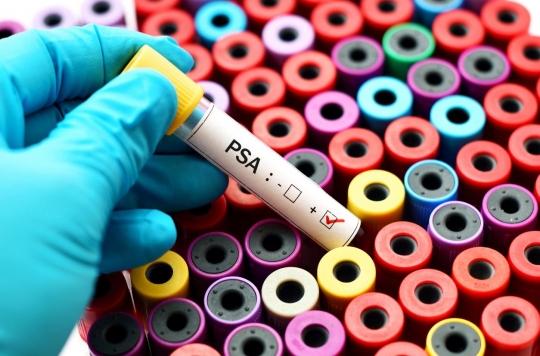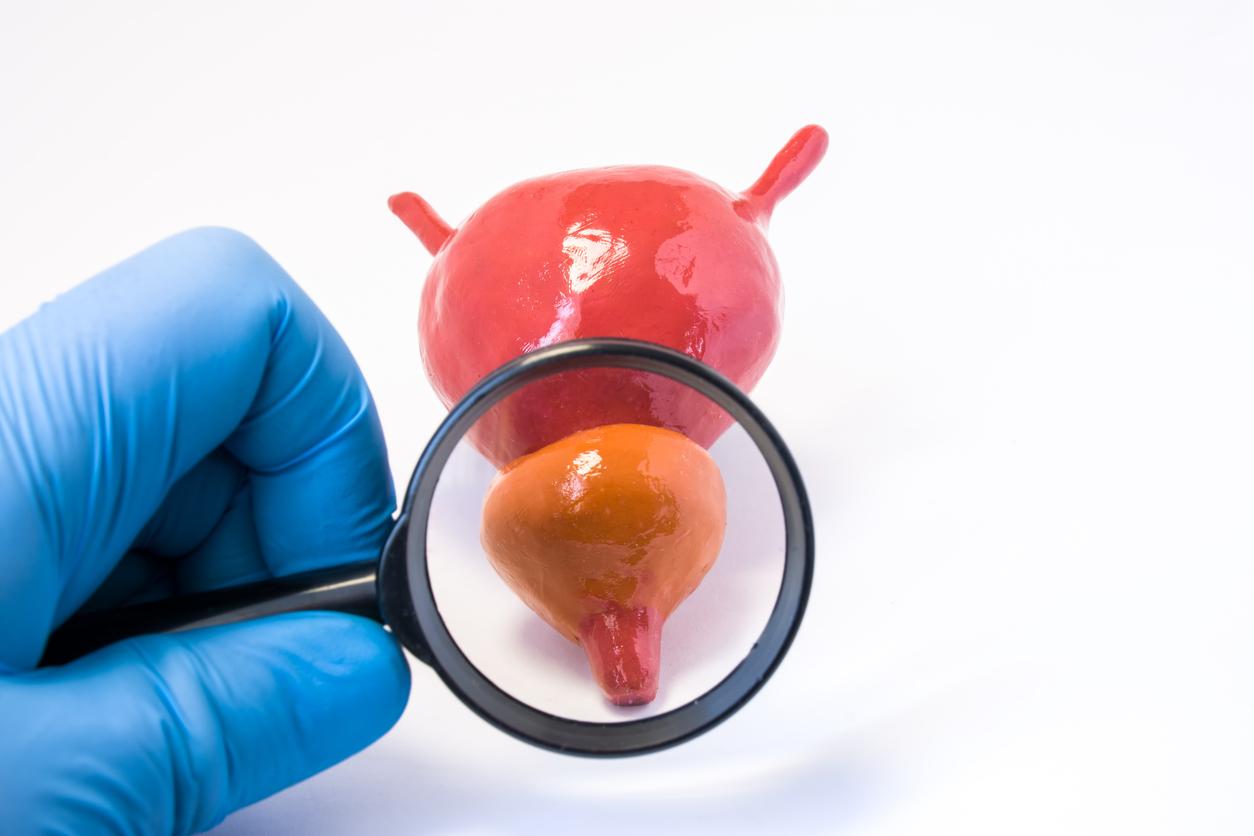A new study conducted by the Institut Gustave Roussy offers new hope for patients with prostate cancer. According to its authors, a new drug called darolutamide would significantly reduce the risk of metastases and death.

With 48,427 new cases recorded in mainland France in 2013 and an estimated 8,207 deaths in 2017, prostate cancer is most common in men over 50. For these patients, particularly those who have developed resistance to hormone therapy, a new study published in the New England Journal of Medicine offers hope for a new, more effective treatment.
Led by researchers at the Gustave Roussy Institute in France, this new work demonstrates the effectiveness of a new oral drug called darolutamide, capable of extending the lifespan of patients by two years and reducing the number of risk of metastasis or death.
A 40-month metastasis-free survival rate
Darolutamide is an inhibitor of the androgen receptor, steroid hormones implicated in the development of prostate cancer. Its effectiveness has been tested in 409 cancer centers in 36 countries. A total of 1,509 patients with non-metastatic prostate cancer resistant to hormone therapy were followed.
The specificity of darolutamide is to attack hormone-resistant tumors before they metastasize. Study participants were randomly divided into two groups. One received darolutamide (two 300 mg tablets twice a day), the other a placebo.
After weeks of evaluation and follow-up, the treatment results are promising, the group that received darolutamide had a 59% reduced risk of metastases or death. In addition, this group also has a median metastasis-free survival of 40.4 months, compared to 18.4 months for those who received the placebo. The three-year survival rate is 83% for men treated with darolutamide compared to 73% for those in the control group. “The overall benefit for patients is a gain of almost two additional years without the spread of the disease,” explains Professor Karim Fizazi, lead author of the study. “Furthermore, all patients seem to benefit equally, there are no subgroups.”
In addition to its efficacy, darolutamide is also very well tolerated by patients. Among the observed side effects are fatigue (12% of patients), pain (9%), diarrhea (7%) and hypertension (7%). Darotulamide should be subjected to other tests before a potential marketing, planned within two years.

.

















